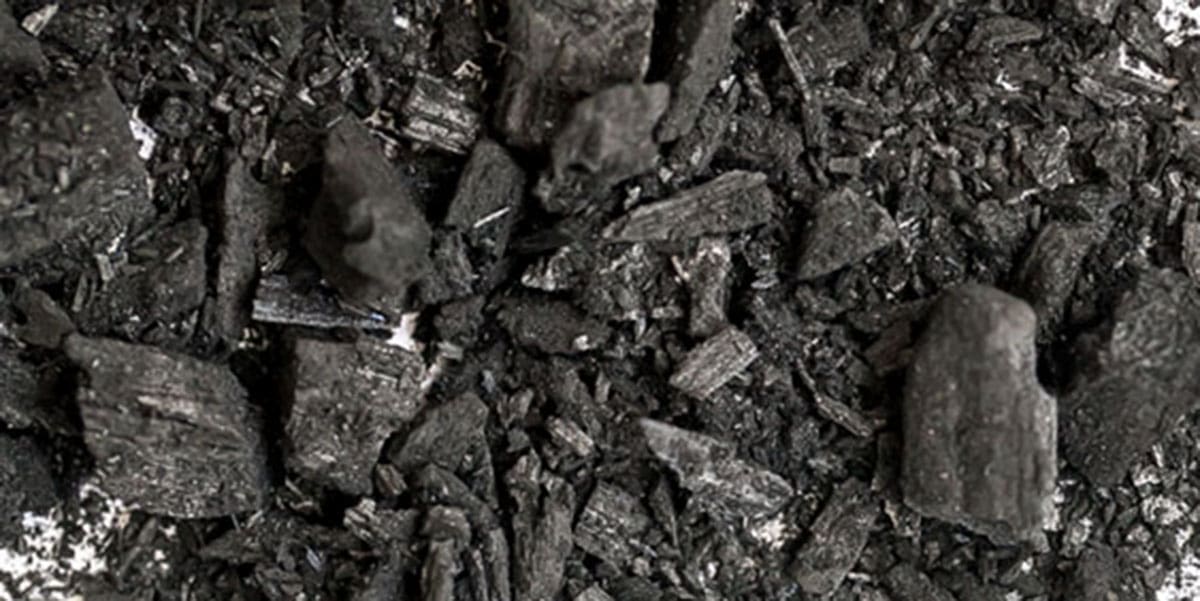
A large percentage of Australian canola is exported to Europe as feedstock for biofuel. Photo: GrainCorp
GRAIN growers and the wider agricultural industry could see a trio of benefits from an increase in biodiesel and renewable diesel production and uptake in Australia, according to Cleaner Fuel Alliance chair Simon Roycroft.
He told the Exploring Beyond Diesel webinar last week that growers could have a hand in producing the feedstock needed to manufacture these renewable fuels as well as use it on-farm and make use of the waste materials as a carbon-free fertiliser.
Mr Roycroft said there was already strong demand for these fuels and a small contingency of Australian companies were already manufacturing it.
“There are…manufacturers that are currently producing, despite what anyone might hear that there is a shortage of biodiesel or no biodiesel, or that it is all being exported, or the quality is problematic that is absolutely not the case,” Mr Roycroft said.
“These guys are all producing and we are moving their product at the moment to end users very successfully.”
Renewable fuel types
In the renewable fuel sector, there is biodiesel, renewable diesel and sustainable aviation fuel (SAF) as well as an ethanol-petrol blend.
Biodiesel and ethanol blends, like E10, are the most widely used as they incorporate a small percentage of biodiesel (2-20pc) or ethanol (10pc) which is blended with traditional diesel or petrol.
Renewable diesel is 100pc renewable and, as it is considered chemically the same as diesel, it can be used in existing pipelines, storage tanks and diesel engines.
SAF is an emerging industry, which will have a similar make-up to biodiesel, with 50-90pc jet fuel and the rest a SAF.
Mr Roycroft said there are currently three Australian producers of biodiesel: EcoTech (Queensland), Biodiesel Industries Australia (New South Wales) and Just Biodiesel (Victoria).
Manildra Group manufacturers ethanol from wheat at its Shoalhaven plant in NSW, while Wilmar manufactures the liquid from sugarcane.

The Manildra Group manufactures ethanol at its Shoalhaven Starches site in Nowra. Photo: Manildra Group
Renewable diesel on rise
While there are currently no local manufacturers of renewable diesel, Mr Roycroft said this industry is only growing.
He also works for Refuelling Solutions which has recently imported 24,000 litres of renewable diesel with another 100,000L in the pipeline, all for projects in the construction sector.
“The level of uptake in renewable diesel is accelerating quite dramatically because it can be used as a direct drop-in fuel.
“We are very excited, and we are seeing a lot of interest in how we can develop this sector.”
He said there are a few projects in the works to kickstart domestic production of renewable diesel.
FutureEnergy Australia, a joint venture between the Frontier Impact Group and Carnarvon Energy, looks likely to be the first project in this space to be commercialised.
The company is proposing to build a commercial-scale renewable diesel production facility in Narrogin, Western Australia.
It will produce 18 million litres (ML) of renewable diesel annually, as well as 8000 tonnes of biochar and 6ML of wood vinegar.
“They have aspirations to have another 20 or so in WA and then also entering into the eastern states.”
Role of agriculture
Mr Roycroft said there is not one category of feedstock used to manufacture renewable fuels.
He said this included animal and used restaurant fats, agriculture waste and residue, oilseed crops, such as soybeans and canola, and tree plants, like mallee.
He said the newness of the industry meant that relevant sectors could collaborate and work out which combination of feedstocks would suit different regions.
“There is a lot of opportunity now to be able to sit down and work out is it soy, is it canola, is it going to be other energy crops that need to be developed and grown.
“The feedback from farmers…is if there was a genuine opportunity to do this, then they are genuinely wanting to play a role; but you need to have dedicated feedstock, dedicated refinery production and also committed off-take.
“In fact, a lot of canola does go to Europe to produce biodiesel.”

Biochar has multiple uses in farming, including as fertiliser and animal feed. Photo: Future Energy Australia
Biochar uses
Mr Roycroft said farmers were also set to see benefits from an increase in availability of biochar, a by-product of the manufacturing process.
Depending on the feedstock mix, the product potentially has a range of applications, such as to improve soil fertility and as a livestock feed additive.
He said this opportunity could further reduce Australia’s reliance on hydrocarbon fuels by allowing manufacturers to “produce fertiliser in a sustainable way”.
Global marketing opportunities
Former NSW Farmers president and mixed farmer James Jackson said the renewable fuel industry could potentially make Australia’s exports a lot more attractive in a marketplace that is becoming more focused on buying carbon-neutral or sustainable products.
“A lot of what we sell, we sell to the world and the world is becoming very demanding on the provenance of the product,” Mr Jackson told the webinar.
“The opportunity and the risk in agriculture…is that agriculture uses 80 per cent of its energy requirements as diesel.
“It is a critical part of our inputs.
“The issue of actually producing these renewables like biodiesel in Australia I think is very exciting and I think it will feed into that fuel security agreement and also decarbonizing our product so we can sell to the rest of the world.”
The the latest Exploring Beyond Diesel webinar was hosted by the NSW Department of Primary Industries and is part of a serious looking into how the agricultural industry can reduce its reliance on diesel fuels.
Grain Central: Get our free news straight to your inbox – Click here

Like a lot of these aspirational solutions, we need to ask the question whether they are energy positive or energy negative. If we apply a whole-of-lifecycle analysis (does the energy invested in all the process of production exceed the energy in the final product?) most of these biofuels are energy negative. Pimetal (Cornell Uni USA) looked at this years ago and found that only sugarcane was possibly energy positive
I have no reason to believe that things have changed. Possibly cassava and highly productive sweet sorghum may be positive. If you want to virtue signal, go ahead, but apply some critical analysis if we really want to make a positive contribution.